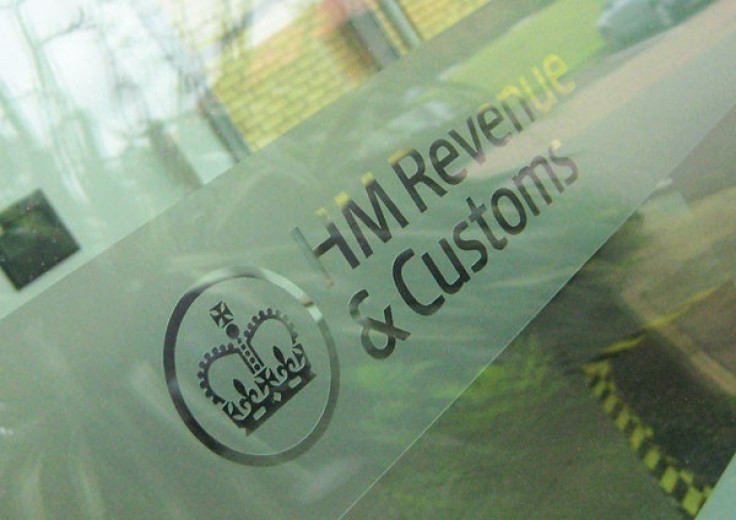UK Should Name and Shame Tax Avoiders - MPs

Britain's government should discourage tax avoidance by "naming and shaming" corporations, accountants and individuals who use legal loopholes to escape HMRC's reach, according to MPs on parliament's Public Accounts Committee.
The PAC report also accuses accountancy firms that run complex tax avoidance schemes of "running rings around HMRC", and said the UK's tax authority is not using its raft of powers to their full effect in trying to clamp down on dodgers.
It is estimated that the UK loses some £5bn a year through tax avoidance.
"[Accountants] create schemes which exploit loopholes in legislation or abuse available tax reliefs such as those intended to encourage investment in British films, and then sign up as many clients as possible, knowing that it will take time for HMRC to change the law and shut the scheme down," said Margaret Hodge MP, chairwoman of the PAC.
"Their clients can then take advantage of this window of opportunity to make a lot of money at the expense of the taxpayer, while the promoter simply moves on to a new a scheme and repeats the process. It is a game of cat and mouse and HMRC is losing.
"It has allowed a system to evolve where the die are loaded in favour of the promoters of tax avoidance schemes. The complexity of tax law creates opportunities for avoidance, there are no penalties to stop people promoting these schemes, and HMRC is ineffective in challenging promoters who are deliberately obstructive or deliberately sell schemes they know do not work. Promoters pocket their fees whether their schemes work or not."
Public anger over tax avoidance has intensified in recent years as government cuts back spending on welfare and services in reaction to the economic downturn.
Big corporations such as Starbucks, Google and Amazon have been attacked by politicians as "immoral" for paying minimal tax in the UK, despite having portions of their business operating from the country.
After a high profile campaign by lawmakers and groups such as UK Uncut targeted Starbucks, which had paid just £8.6m to the public purse in 13 years, despite more than £3bn in sales in its British stores.
Starbucks claimed it had not made a profit during that time, which is why it had not paid much tax. However, the coffee chain was accused of exporting profits through loans to offshore arms of its business, therefore avoiding a significant tax bill.
The firm buckled to pressure and agreed a deal with HMRC that sees it pay £20m in corporation tax across 2013 and 2014.
---
Follow @shanecroucher
© Copyright IBTimes 2024. All rights reserved.






